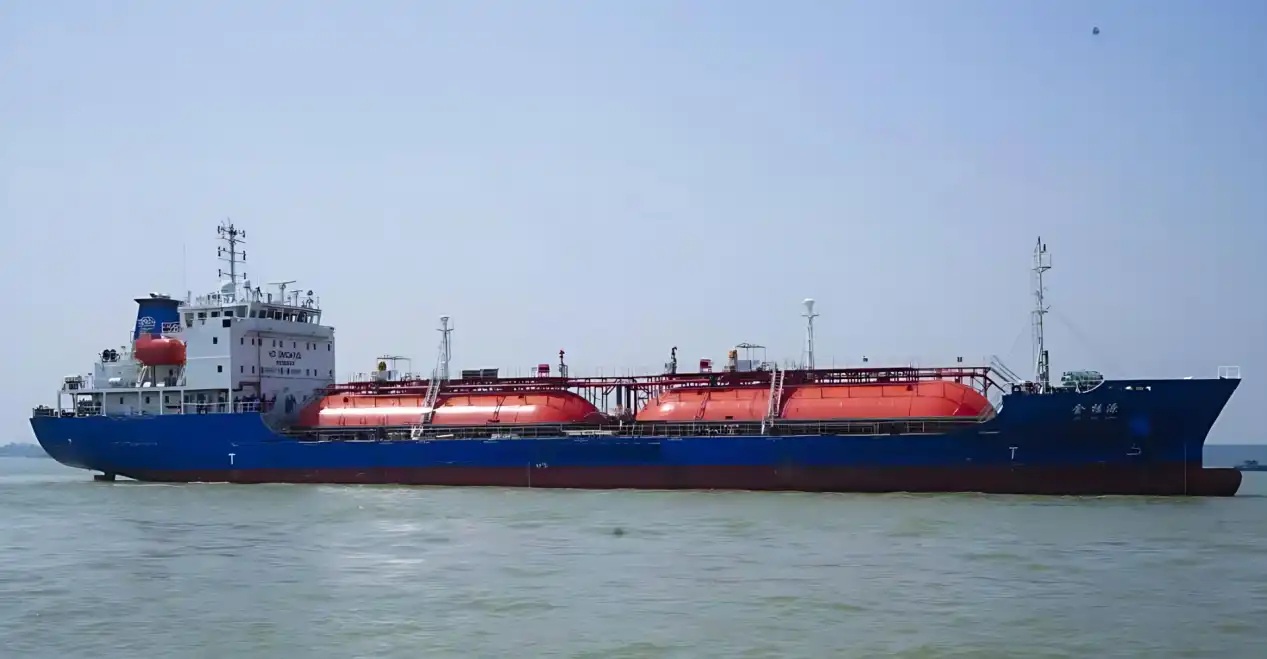How does modern technology enhance system reliability?
Modern technology plays a pivotal role in enhancing the reliability of Cargo Handling Systems, revolutionizing the way maritime cargo operations are conducted. Advanced sensors and IoT devices integrated into CHS components provide real-time data on system performance, enabling proactive maintenance and reducing the risk of unexpected failures. Machine learning algorithms analyze this data to predict potential issues before they occur, allowing for timely interventions that minimize downtime and maintain operational continuity.
Automation and precision control
Automation technologies have significantly improved the precision and consistency of cargo handling operations. Computer-controlled systems manage load distribution, optimize cargo flow, and ensure safe handling procedures are followed meticulously. This level of automation reduces human error, increases operational efficiency, and enhances overall system reliability.
Digital twins and simulation
The concept of digital twins has been a game-changer for CHS reliability. By creating virtual replicas of physical systems, engineers can simulate various operational scenarios, stress test components, and optimize system performance without risking actual cargo or equipment. This technology allows for continuous improvement and refinement of CHS designs, resulting in more reliable and efficient systems.
The importance of predictive maintenance and real-time monitoring
Predictive maintenance and real-time monitoring are crucial elements in ensuring the long-term reliability of Cargo Handling Systems. By continuously analyzing system performance data, predictive maintenance algorithms can identify potential issues before they escalate into major problems, allowing for timely interventions that prevent costly breakdowns and minimize operational disruptions.
Advanced diagnostic tools
Modern CHS are equipped with sophisticated diagnostic tools that provide detailed insights into system health. These tools monitor critical parameters such as hydraulic pressure, motor temperature, and structural integrity, alerting operators to any deviations from normal operating conditions. This proactive approach to maintenance significantly enhances system reliability and longevity.
Remote monitoring capabilities
Real-time remote monitoring capabilities have transformed the way CHS are managed and maintained. Engineers can now access system data from anywhere in the world, allowing for rapid response to emerging issues and expert analysis of system performance. This level of oversight ensures that CHS operate at peak efficiency and reliability, even in challenging maritime environments.
Key features for ensuring safe and secure cargo flow
Safety and security are paramount in the design and operation of reliable Cargo Handling Systems. Several key features work together to ensure the safe and secure flow of cargo throughout the loading, transport, and unloading processes.
Intelligent load management
Advanced Cargo Handling Systems incorporate intelligent load management features that optimize cargo distribution and prevent overloading. These systems use real-time weight and balance calculations to ensure that cargo is stored and transported safely, reducing the risk of structural stress on the vessel and maintaining stability during transit.
Enhanced safety interlocks
Modern CHS are equipped with sophisticated safety interlocks that prevent operations from proceeding if unsafe conditions are detected. These interlocks cover various aspects of cargo handling, from hatch cover positions to crane movements, ensuring that each step of the cargo handling process adheres to strict safety protocols.
Environmental protection measures
Reliable CHS also incorporate features designed to protect the environment during cargo operations. This includes advanced spill prevention systems, emissions control technologies, and energy-efficient operating modes that reduce the environmental impact of maritime cargo handling.
TSC, a leading brand in the maritime industry, has been at the forefront of developing reliable Cargo Handling Systems that incorporate these advanced features. With a focus on safety, efficiency, and environmental responsibility, TSC's CHS solutions are designed to meet the evolving needs of the global shipping industry.
Conclusion
In conclusion, a truly reliable Cargo Handling System is the result of a harmonious integration of advanced technology, proactive maintenance strategies, and robust safety features. As the maritime industry continues to evolve, the importance of reliable CHS in ensuring efficient, safe, and environmentally responsible cargo operations cannot be overstated. By embracing innovation and prioritizing system reliability, companies can significantly enhance their operational efficiency and maintain a competitive edge in the global shipping market.
Call to Action
Are you looking to upgrade your fleet with state-of-the-art Cargo Handling Systems that prioritize reliability, safety, and efficiency? CM Energy, through its renowned brand TSC, offers cutting-edge solutions tailored to the unique needs of various vessel types, including Very Large Gas Carriers (VLGCs), crude oil tankers, and LNG bunkering vessels. Our expertise in hydrogen energy equipment and marine energy solutions positions us as the ideal partner for your cargo handling needs.
With a global presence and a track record of innovation, CM Energy is committed to driving the future of sustainable maritime operations. Our CHS solutions are designed to meet the demands of the most challenging cargo types, from liquefied gases to green hydrogen, ensuring your fleet stays ahead of industry standards.
Don't let outdated cargo handling systems hold your operations back. Embrace the future of maritime technology with CM Energy's advanced CHS solutions. Contact us today at info.cn@cm-energy.com to learn how we can enhance your fleet's performance, safety, and environmental footprint. Let's navigate the future of maritime cargo handling together.
References
- Maritime Cargo Handling: Principles and Safety Considerations (2023). Journal of Marine Engineering & Technology.
- Advanced Technologies in Cargo Handling Systems: A Comprehensive Review (2024). International Journal of Naval Architecture and Ocean Engineering.
- Reliability Analysis of Automated Cargo Handling Systems in Modern Shipping (2023). Reliability Engineering & System Safety.
- Environmental Impact Assessment of Cargo Handling Operations in Maritime Transport (2024). Marine Pollution Bulletin.
- Predictive Maintenance Strategies for Maritime Cargo Systems: A Case Study Approach (2023). Journal of Ship Production and Design.
- Safety Innovations in Liquefied Gas Cargo Handling: Current Trends and Future Prospects (2024). Safety Science.

